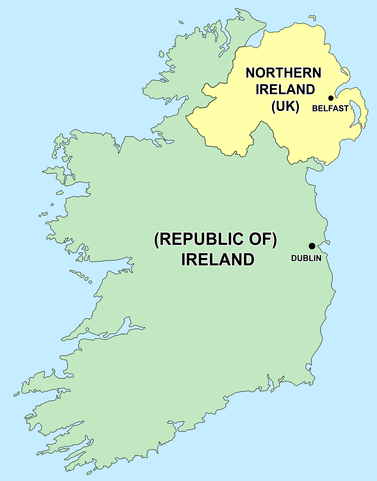The first-ever independent, non-partisan study that models the economic implications of a politically and economically united Ireland suggests that there would be positive effects on both sides of the border, both in the short- and long-term.
The report, titled “Modeling Irish Unification” involved a sizable team of researchers led by Kurt Hübner of KLC, a consulting firm in Vancouver, Canada, and Renger van Nieuwkoop of Model Works in Switzerland. The researchers based their work on studies of German political and economic integration after reunification and also used predictive models produced to examine the implications of the political and economic integration of North and South Korea.
The report predicts a greater benefit for Northern Ireland in the event of unification than it does for the Republic. “As has been found in past analyses” the report asserts, “mergers of partners where one partner is significantly smaller, poorer, and more distorted initially than the larger partner….the results are uniformly more profound for the smaller partner.” In the case of Northern Ireland, adoption of the Euro will increase exports while greater integration would open the region’s industries to common markets, increase productivity, and ultimately decrease governmental spending over time.
“In the medium-term future the relationship between these two parts of Ireland potentially could become more problematic due to the possibility of the United Kingdom’s withdrawal from the E.U.,” the report warns, but ultimately, “Irish unification would be economically beneficial to both parts of the island, and especially for smaller, poorer, Northern Ireland.” ♦


I would like to get access to a full copy of the Report and any associated presentation. Anyone know how I can get this.